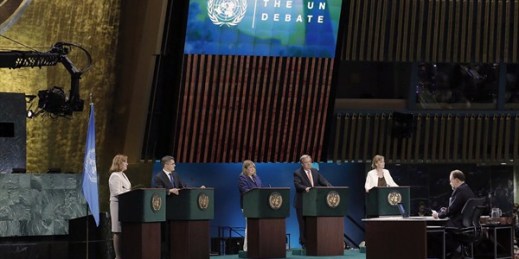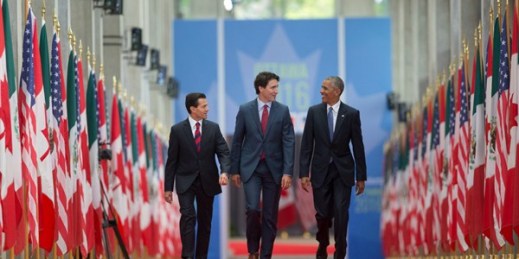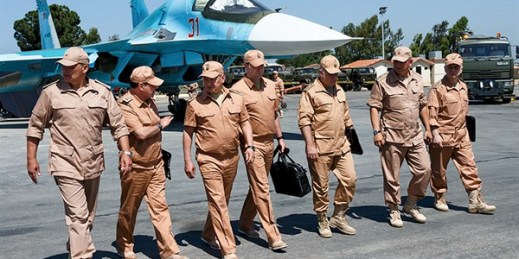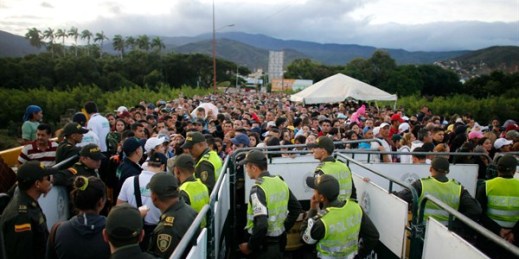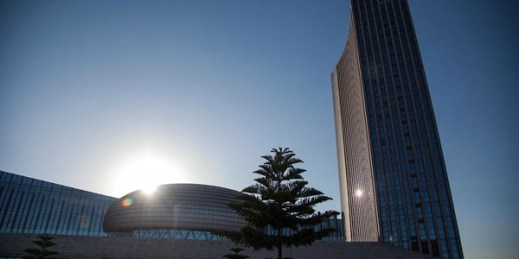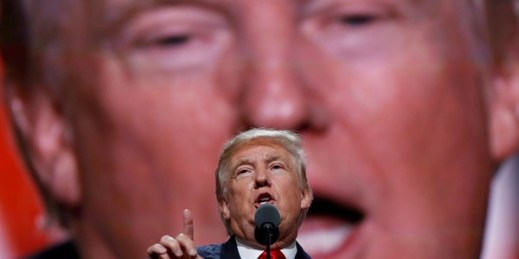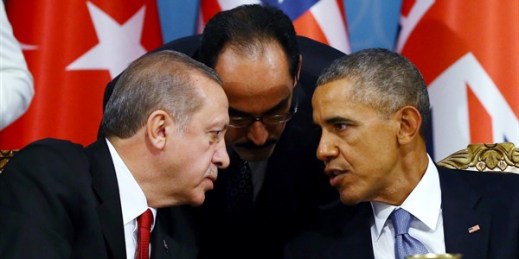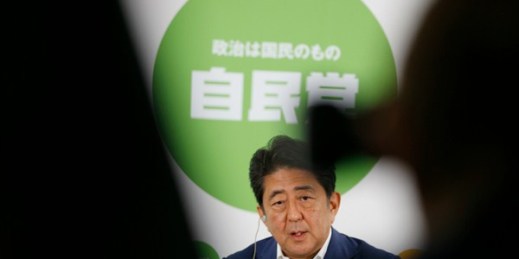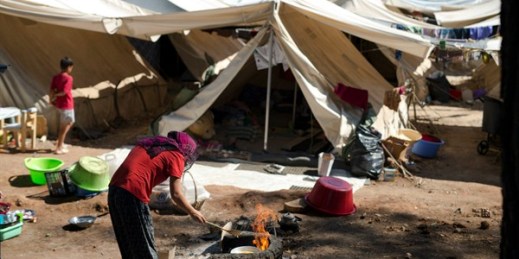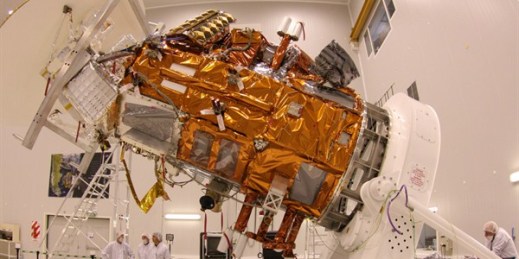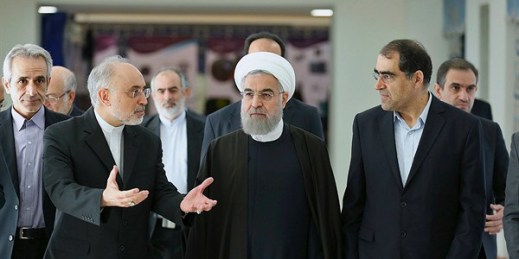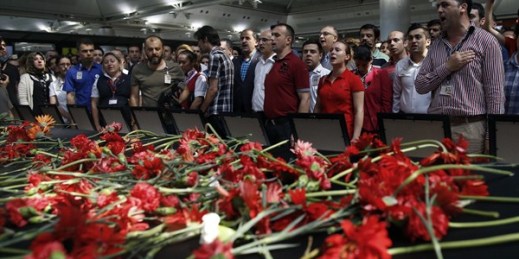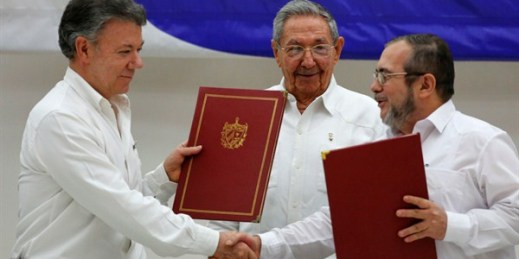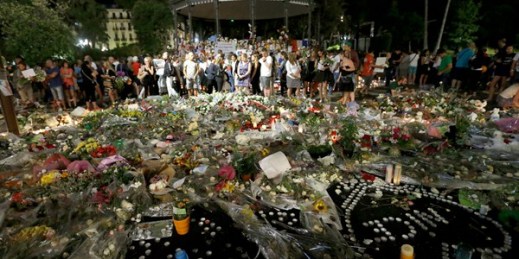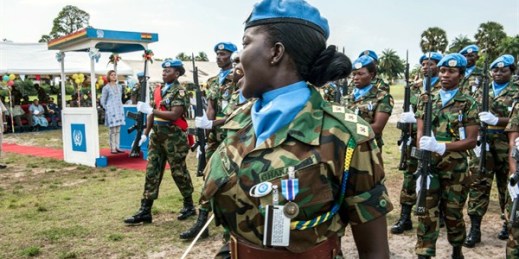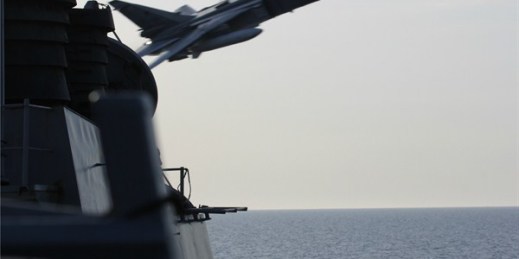
Editor’s note: This is the first in a series of articles inviting authors to identify the biggest priority—whether a threat, risk, opportunity or challenge—facing the international order and U.S. foreign policy today. A war between Russia and the United States is more likely today than at any time since the worst years of the Cold War. This may sound implausible or exaggerated to policymakers, journalists and the wider public. Yet the fact remains that increasing deployments by both sides, coupled with severely constrained direct dialogue, mean that dangerous incidents will become far more likely and will be far harder to […]

